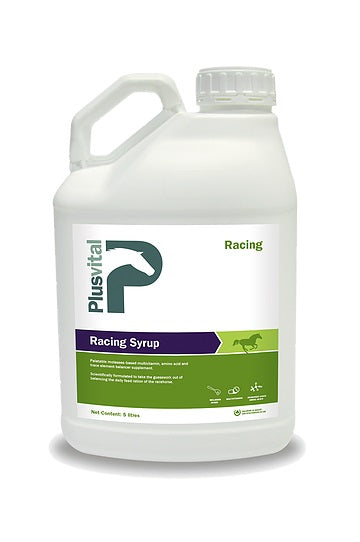Your Cart is empty

Of all the components of your horse’s diet, protein is probably the most important, key nutrient that must be provided in the diets of horses of all ages. In fact, protein makes up 15% of the total body mass, with the muscle containing the majority of this percentage. Protein is a major component in building cells and repairing tissues, as well as helping to form components of the immune system.
Proteins carry oxygen throughout the body and participate in muscle activity. Proteins provide building blocks to support bones, muscles, and virtually all of the bodys soft tissues, for growth and repair.
Proteins are “chains” made up of various combinations of the 22 different amino acids that exist in nature. Amino acids are relatively simple organic compounds and its the amino acids that can be absorbed for metabolism and to provide support for bodily functions. When a horse ingests protein, the chain of amino acids is broken up in the digestive tract by enzymes and acids, and the individual amino acids are absorbed through the wall of the small intestine and into the bloodstream via the liver. From there, they travel to the sites where they are needed most for growth or repair of tissues or for the proper functioning of tissues.
The body does not have the ability to create all the amino acids it needs. Some amino acids can be synthesized only by microorganisms or green plants. These are called the “essential” amino acids, and they must be obtained from the horses diet. “Non-essential” amino acids are those the horse can synthesize itself. A quality protein source is one that provides a sufficient amount of these essential amino acids, particularly the amino acid lysine, which often is called the “first limiting” amino acid (meaning that if insufficient quantities of lysine are present, the horse’s body will have difficulty using any of the other amino acids available).
Providing these limiting amino acids can support maximum rate of protein synthesis. These amino acids support virtually all of the horse’s vital processes. But primarily, amino acids are needed for the formation and repair of muscle tissue and other soft tissues throughout the body.
Hard exercise such as racing, three-day eventing, or endurance racing does increase the need for protein in the diet of the adult horse. This increase is to support increased muscle development and mass and to replace nitrogen lost in sweat. Horses which receive inadequate amounts of protein in their diets can suffer a number of ill effects, including decreased growth and development in youngsters, and reduced appetite, body tissue loss, slow hoof growth, energy deficit, and a poor hair coat with reduced shedding in adults. Muscle deterioration, especially in the hindquarters, also might be evident, and some horses will begin eating manure. With a corrected diet, most of the signs of protein deficiency in adult horses can be turned around in as little as a week.
If the diet of the horse is lacking in these essential amino acids, the diet can be supplemented with a good quality balancer that provides individual amino acids to ensure adequate levels of these building blocks are provided.

Plusvital’s Racing Syrup is a balancer which includes these limiting amino acids (or as we call them essential amino acids). Read more about Plusvital Racing Syrup horse supplement, if you are interested about this multinutrient equine supplement.
Amacron Equine stocks and sells the Plusvital Racing Syrup in Australia and New Zealand.
Available online in Australia: Plusvital Racing Syrup 5L
Available online in New Zealand: Plusvital Racing Syrup 5L (For Racehorses)
Contact Amacron for more information:
Australia: 1300 791 653 Email: sales@amacron.com.au
New Zealand: 0800 102 253 Email: sales@amacron.co.nz


